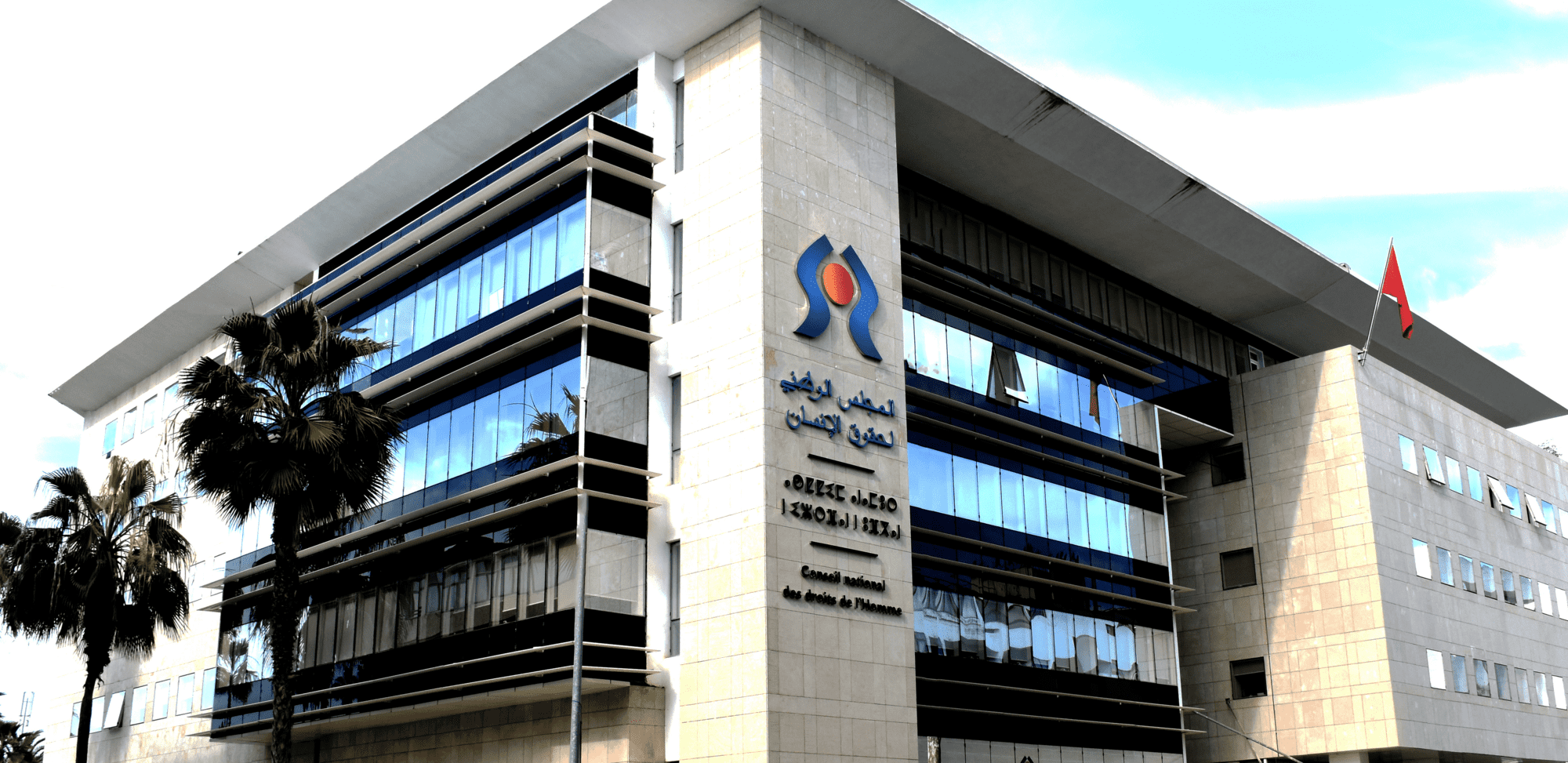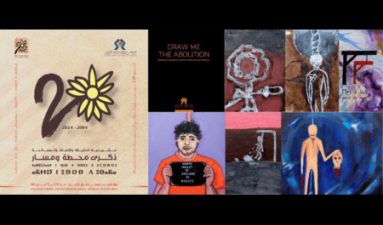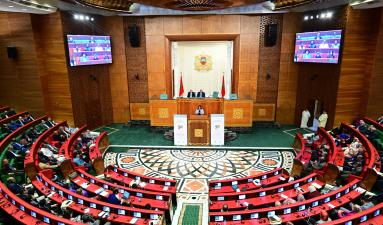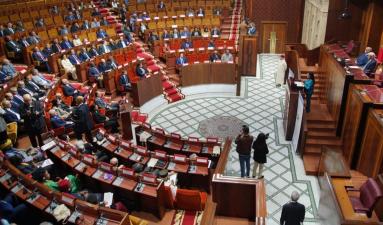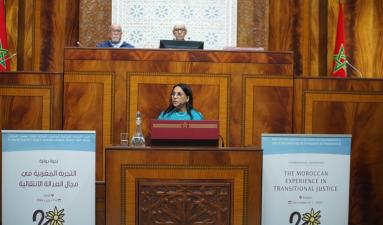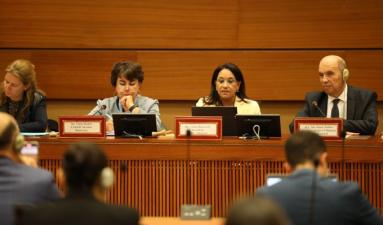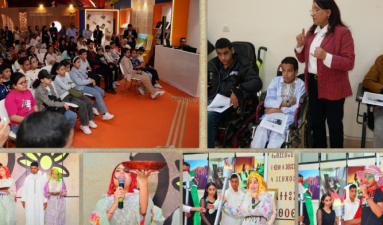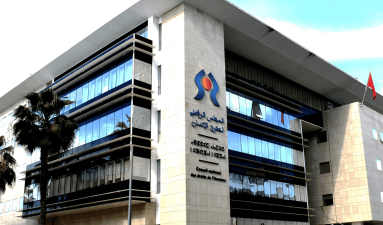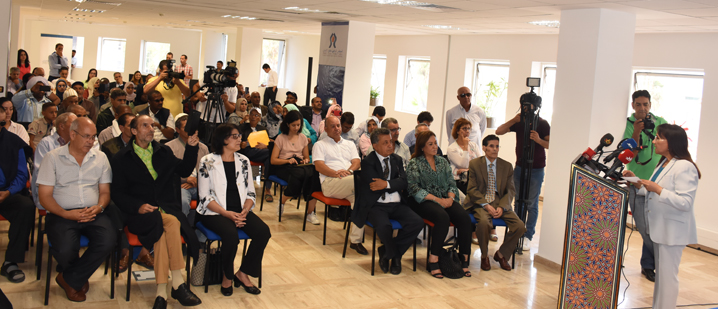
The National Human Rights Council (CNDH) launched, on Tuesday 6 August 2019, a series of sessions to deliver new arbitration decisions issued by the Commission on the Follow-up of the Implementation of the Recommendations of the Equity and Reconciliation Commission (IER). This initiative aims to provide compensation to victims and rights holders affected by grave human rights violations that occurred between 1956 and 1999. These decisions are part of the compensation process outlined in the IER’s final report.
Through this process, which will extend over the 6th and 7th of August 2019 at its headquarters in Rabat, Morocco, the CNDH reaffirms its commitment to continue addressing past grave human rights violations. The CNDH will start to deliver arbitration decisions for 624 beneficiaries whose cases have been pending. This milestone represents the culmination of recent efforts to ensure necessary financial resources, estimated at approximately 87 million dirhams.
Regarding the cases of civilians detained by the Polisario, Mrs. Amina Bouayach, CNDH Chairperson, stated in her statement at the ceremony of receiving this group that their file- comprising 367 beneficiaries with 80 being addressed today- is not among the serious human rights violations that occurred between 1956 and 1999 for which Moroccan State bodies or their employees are responsible. However, the kidnappings endured by the victims contravened international human rights law and international humanitarian law. Considering the material and moral damages inflicted on these civilians, including suffering, pain and deprivation as a result of their disappearance, the IER has recommended that all damages be repaired for the victims or their rights holders.
Mrs. Bouayach emphasized that the CNDH adopted the theory of risk, which holds the state accountable for protecting its citizens and addressing damages suffered by the victims, even if it is not directly responsible for the actions causing those damages. This theory also aligns with the approach recognized by the administrative judiciary in several countries, including Morocco, which, in addition to the accountability based on fault, acknowledges the responsibility of protecting citizens from risks. It takes into account the nature of the damages individuals have endured and ensures compensation as part of the principle of equality before public burdens.
It is noteworthy that the first session of this process focused on delivering decisions to 80 beneficiaries who were civilian victims kidnapped by the Polisario. Over these two days, compensation was also provided to 39 beneficiaries whose files were previously incomplete, 28 rights holders of victims whose fate was unknown, who submitted the necessary documents to complete their files, 367 beneficiaries from the Ahermoumou students group who had submitted their files to the IER. Additionally, 110 victims and rights holders benefited from social integration.
Document on the settlement of cases of civilian victims detained in Polisario detention centers (available in Arabic)
File of former Ahermoumou students (Available in Arabic)

